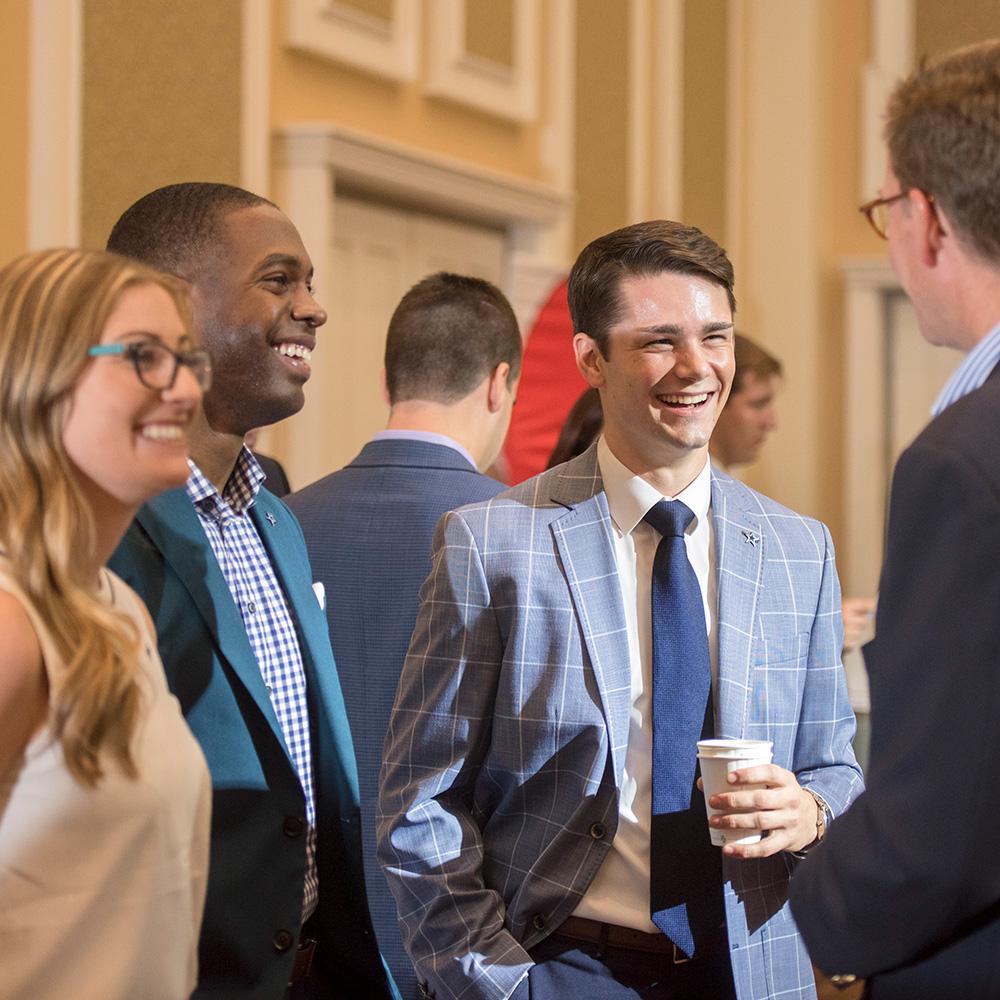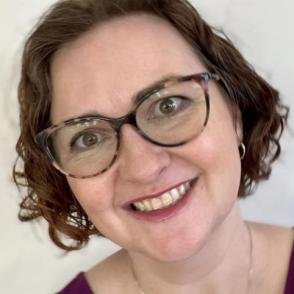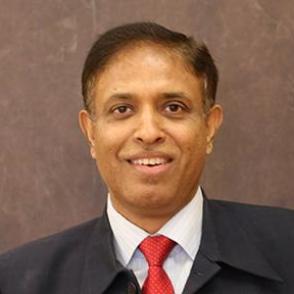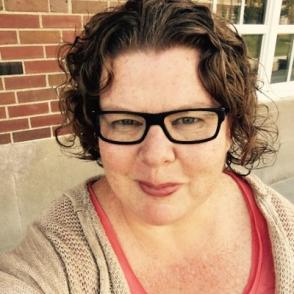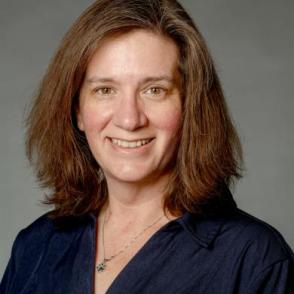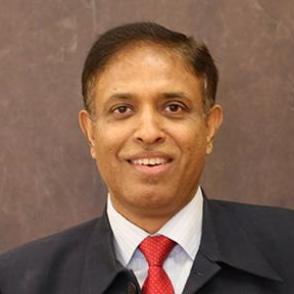
- Identification of strategies to intentionally engage students in career readiness both in and out of the classroom.
- Review of successful career readiness strategies from colleagues in other disciplines.
- Creation of an artifact demonstrating the value of a degree in their discipline (e.g., student outcome information, marketing materials for recruiting events).
The program is a partnership between the CTLA and Career Services. Facilitators include Aaron Sturgill, executive director, Career Readiness, and Imants Jaunarajs, assistant vice president, Division of Student Affairs.
